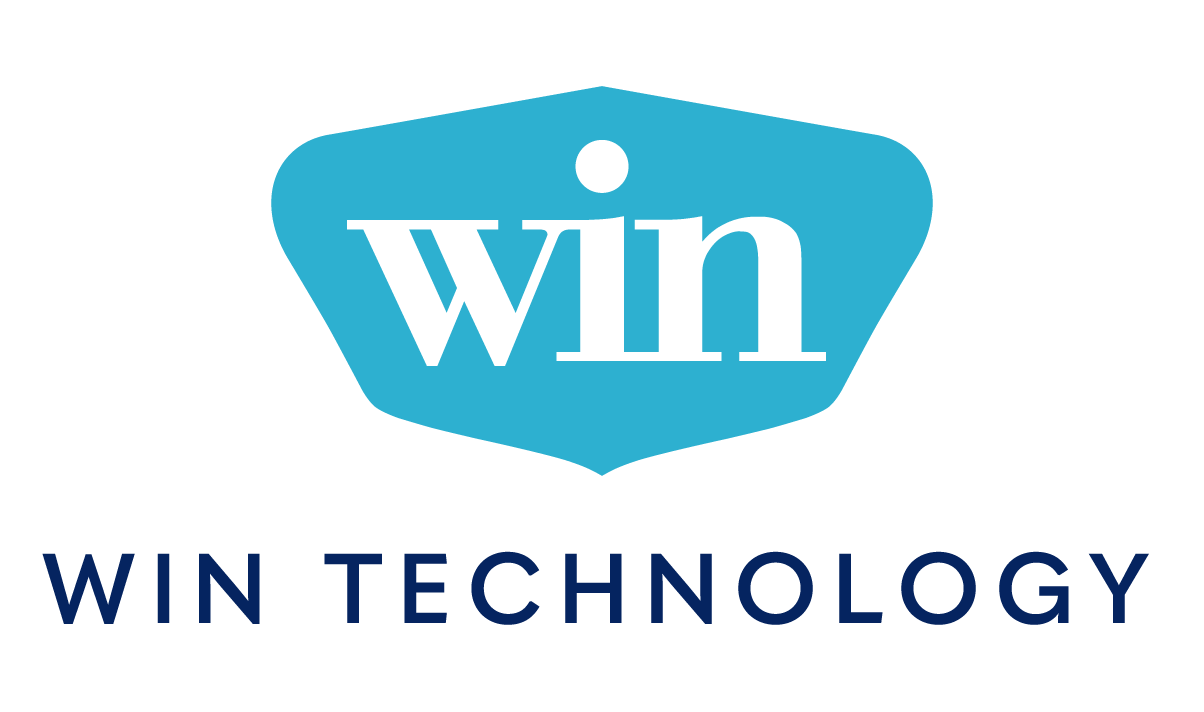As we celebrate Earth Day many companies are looking for ways to be more sustainable. One important way is by utilizing fiber internet connectivity.

First, what is a fiber internet connection?
Fiber-optic internet, commonly known as fiber internet or simply “fiber,” is a broadband internet connection that uses fiber optic cables, which are made of very thin strands of glass. It transmits uninterrupted signals effortlessly and carries more information per mile than other technologies.
The majority of fiber termination devices currently deployed are capable of a minimum of 1Gbps. Newer technologies can push as much as 10Gbps to a residential customer home, with very low latency/lag time. It can also send data at 70% of the speed of light.
How your internet connection affects the environment
There are many ways that businesses can access the internet, but some of them leave a larger carbon footprint than others. According to 8billiontrees.com, a large-scale tree planting and tree conservation organization, the internet produces 6 billion tons of carbon each year. This can have a substantial impact on the environment. But there is also the opportunity to reduce that carbon footprint and move towards a more sustainable future.
“These new networks have the potential to move our state towards a more sustainable future. They can change how work gets done, and reduce the need to travel or own a car. Abundant bandwidth creates new opportunities to develop sensors to track and communicate environmental indicators, like how warm it is in your bedroom or how much nitrate is in the water coming out of your faucet”.
From a North Carolina State article on fiber improving sustainability.
Fiber, the greener internet solution
Not only does fiber offer the fastest speeds on the market, but it is also a greener internet solution. In the very near future, the use of fiber to deliver high-speed reliable internet services will be the only technology promoting sustainability. Here are eight specific ways fiber is better for the environment:
1. Energy Efficiency: Fiber optic cables are more energy-efficient than traditional copper cables. They transmit data using light rather than electricity, which reduces the amount of energy needed to send and receive data over long distances. Compared to cable internet, fiber optic consumes up to 12 times less energy when transmitting data.
2. Durability and Longevity: Fiber optic cables are more durable and have a longer lifespan than copper cables. They are less susceptible to weather conditions and corrosion, meaning they need to be replaced less frequently. This reduces the environmental impact associated with manufacturing, installing, and disposing of cables.
3. Higher Bandwidth and Capacity: Fiber optic cables can carry more data at higher speeds than copper cables. This efficiency reduces the need for multiple cable installations, minimizing the physical infrastructure and the associated environmental impact.
4. Reduces Carbon Footprint: Eliminating the need for copper reduces your overall carbon footprint. Environmental News Network has praised this new technology for its contributions to lowering our environmental impacts. Think of all of the copper wire that might be spared or recycled as a result.
5. Reduces Cooling Needs: Data centers and network equipment used in fiber networks tend to generate less heat than those used for traditional broadband networks. This translates to lower cooling requirements and, consequently, less energy consumption.
6. Support for Smart Technologies: The high speed and reliability of fiber internet enables smart technologies, such as smart grids and smart buildings, which can optimize energy use and contribute to energy conservation and efficiency in urban environments.
7. Facilitating Telecommuting and Remote Work: With the high-speed and reliable connections provided by fiber internet, more people can work from home or engage in telecommuting, reducing the need for commuting and the associated carbon emissions from vehicles.
8. Less Material Waste: Because fiber optic cables are thinner and lighter than copper cables, they require less raw material to produce. This can lead to a reduction in resource extraction and waste.
What are the benefits of fiber to your business?
Fiber internet is also a better alternative to many of the other forms of internet connectivity, including DSL, which makes use of existing phone lines and cable internet, which uses the same cable connections as television.
Fiber requires fewer materials than DSL or cable internet. Both DSL and cable use copper wire to transmit the data across the internet. Copper mining has been shown to be dangerous and harmful to the environment. Fiber will not crash the way that DSL cable does during thunderstorms, which can wipe out thousands of connections. Fiber is hardy and rarely requires any kind of repair. It also uses less energy than copper wire transmissions and it can be transmitted further distances, which requires less overall hardware than other technologies.
Fiber can keep up with the increasing demands for bandwidth and streaming. There is no need to have additional wires installed or updates to increase the speed of fiber internet. Instead, it maintains its speed regardless. It is separate from the old framework, which allows it to make use of modern technology effortlessly.
Fiber is just one way that you can make a difference and reduce your carbon footprint, and the impact is substantial. As more companies make the choice to switch, they are giving the environment a better chance at sustainability.
Ready to learn more?
If you have questions and want to learn more about the benefits of fiber internet, talk to a WIN Specialist today!
